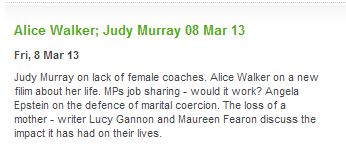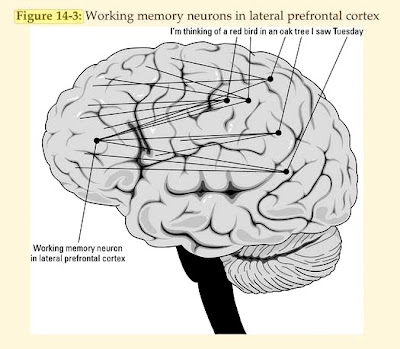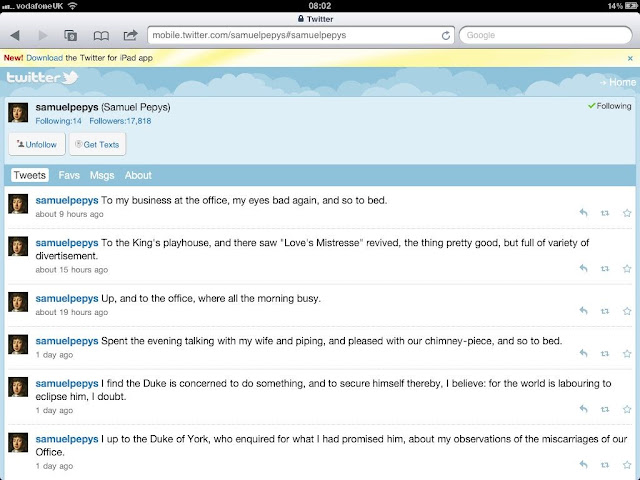Woman also have 'Loose Women', surely the female version of 'Top Gear'. But do men have an equivalent of 'Woman's Hour' or are we supposed to get that from GQ or Esquire magazines 
I don't make a point of listening to Woman's Hour, but as I'm at home and have done years on and off as househusband it becomes a regular feature of the day. The radio goes on in the kitchen and in the car. I need to be in one or the other.
Is 'Woman's Hour' a party broadcast for the female gender or fascinating issues presented in a radio magazine that mix topicality, with feature and fiction?
Actually it was this late Friday morning I was running out in the car to walk the dog on the South Downs.
Friday 8th March is one you need to download before it comes off air in a few days time.

Fig. 1 Listing on BBC Website - you've got 4 days within which to download this.
BBC RADIO 4 WOMAN's HOUR - PODCASTS
Topics covered:
- Women Coaches -(worth keeping)
- Alice Walker - author of the Color Purple (very worthwhile)
- Vicki Price and the law
- Women in parliament - could they job share?
The one that had me stop what I was doing ...
Loss of a mother
I'm the boy whose favourite place as an infant was on my Mum's hip and as I gew up on the kitchen counter learning to cook, taking her tuition as an art teacher (MA in Fine Art from University of Durham). Our parents split up when I was eight and she only remarried in her 60th year. She died a few months ago.

Fig. 2 Women's Hour, Friday 9th March 2013 A 43 minute programme.
On loss of Mothers - if you only have 12 minutes sping through to 00:30:00
What is the impact of losing a mother?
Alice Walker
What is happening here and why?
Paul Mcartney was 14 when his Mum died of a brain tumour. If he had a time machine he would go back and spend time with her.
A speaker Jane Tilly about her mother when she died when she was 17.
At significant transition moments, having no one to share it with.
A role model
The guests:
Maureen Fearon – Therapsit
Lucy Gannon (Playwright, television writer, plays, shortsand 'Soldier, Soldeir' and producer)
Lucy Gannon
- Lucy's Mum died when she was eight.
- Know who you are, what diseases you've had, so you lose some of your identity.
- Children need to know that they are at the centre of someone's world so that they know they are
- Your life is going on, try to get continuity.
- You lose your place in the world – she was in care though.
- Keep that child in the centre of the world they know.
Maureen Fearon
- Her mum died when she was 29.
- Look at the grandparents, look at the average, and she's going to be at least that = 89/90.
- Deeply tearful because of trigger music.
- That overwhelming, 'I want my Mum'.
- Smells. Going through the tough times in life. Through challenging times that smell comes and floats away. When there is no smoke there. In our minds, or where it is.
- Took 12 years of real pain, neurolinguistic exercise ... did it once and fixed.
The mention of how the mind brings back smells is intriguing.
Maureen Fearon is a therapist, not a neuroscientist. There is a phenomenon where we see people we love who we have just lost, it might be the end of a close relationship or the death of someone close - our mind sees them in other people. I relate to this idea of lucid reconstruction of specific smells.

Fig. 3. From 'Neuroscience for Dummies' - not as stupid as it sounds!
I can, give me a moment, smell the mothballs in my late grandmother's spare bedroom, and while she smoked them the Benson and Hedges cigarettes which surely made her knitting honk? Other smells I can call up include the silt and rotting fish heads of Beadnell Harbour in the 1960s ... and a Christmas tree, and Christmas Pudding, marshmallows roasted on an open fire, melting butter on toast with Old English Marmalade ... and our pet dog as a child, Morag the black labrador, wet and warm from being out in the rain ...

Fig. 4. Sheila Vernon (nee Wilson) 1931-2012 with her son Jonathan c1973/1972 ?
My Mum's parents where 83 and 96 when they died, so an average might have been 90?
She died a few months ago age 81. She had planned to beat the Queen Mum. We all thought she'd do so. But as my even later grandfather kept saying having reached 90, 'I don't mind when I go, I've had a good innings'. He was in his 97th year - we thought he'd make it to a hundred, but at trip to the Western Front to mark the 75th anniversary of the Battle of Paschendaele where he had served as a machine gunner had left him ill (and heart broken).












